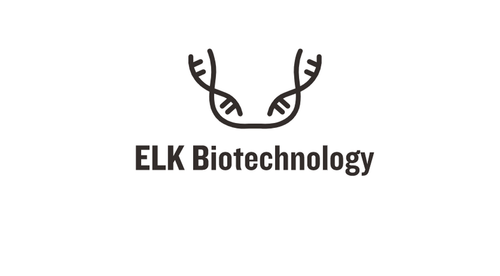Product Description
Human Focal adhesion kinase (FAK) ELISA Kit | AE25174HU | Abebio
Species Reactivity: Human (Homo sapiens)
Abbreviation: PTK2
Alternative Name: FADK; FAK; FAK1; FRNK; pp125FAK; FAK-related non-kinase polypeptide|focal adhesion kinase 1
Application: ELISA
Range: 1.56-100 ng/mL
Sensitivity: 0.53 ng/mL
Intra-Assay: ≤5.6%
Inter-Assay: ≤9.2%
Recovery: 0, 98
Sample Type: Serum, Plasma, Other biological fluids
Detection Method: Sandwich
Analysis Method : Quantitive
Test Principale: This assay employs a two-site sandwich ELISA to quantitate PTK2 in samples. An antibody specific for PTK2 has been pre-coated onto a microplate. Standards and samples are pipetted into the wells and anyPTK2 present is bound by the immobilized antibody. After removing any unbound substances, a biotin-conjugated antibody specific for PTK2 is added to the wells. After washing, Streptavidin conjugated Horseradish Peroxidase (HRP) is added to the wells. Following a wash to remove any unbound avidin-enzyme reagent, a substrate solution is added to the wells and color develops in proportion to the amount of PTK2 bound in the initial step. The color development is stopped and the intensity of the color is measured.
Product Overview: PTK2 is a focal adhesion-associated protein kinase involved in cellular adhesion and spreading processes. It has been shown that when FAK was blocked, breast cancer cells became less metastastic due to decreased mobility.FAK is a 125 Kd protein that is recruited as a participant in focal adhesion dynamics between cells and has a role in motility and cell survival. FAK is a highly conserved, non-receptor tyrosine kinase originally identified as a substrate for the oncogene protein tyrosine kinase v-src. This cytosolic kinase has been implicated in diverse cellular roles including cell locomotion, mitogen response and cell survival. FAK is typically located at structures known as focal adhesions, these are multi-protein structures that link the extracellular matrix (ECM) to the cytoplasmic cytoskeleton.
Stability: The stability of ELISA kit is determined by the loss rate of activity. The loss rate of this kit is less than 5% within the expiration date under appropriate storage condition. The loss rate was determined by accelerated thermal degradation test. Keep the kit at 37°C for 4 and 7 days, and compare O.D.values of the kit kept at 37°C with that of at recommended temperature. (referring from China Biological Products Standard, which was calculated by the Arrhenius equation. For ELISA kit, 4 days storage at 37°C can be considered as 6 months at 2 - 8°C, which means 7 days at 37°C equaling 12 months at 2 - 8°C) .
 Euro
Euro
 USD
USD
 British Pound
British Pound
 NULL
NULL












